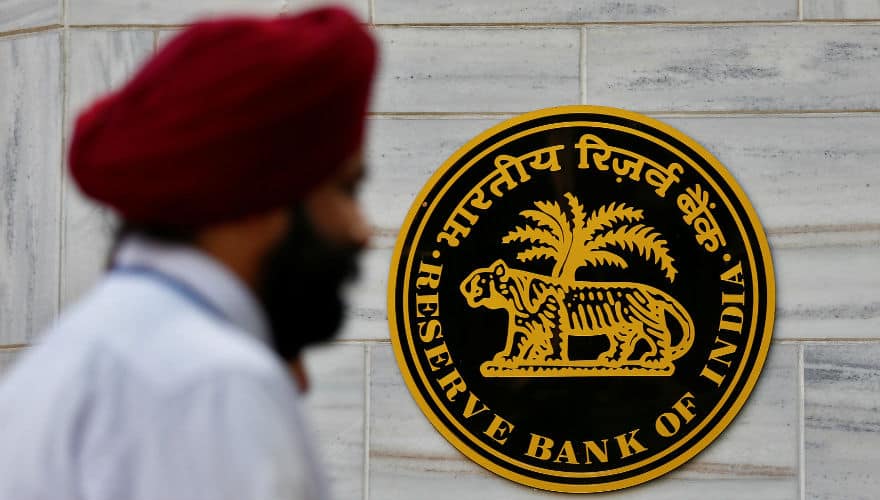In India, there is much confusion regarding the legality of Bitcoin. Though the digital currency is not banned and is attracting a huge audience, regulators are not comfortable with the anonymous nature of the coin.
On Tuesday, in response to a Public Interest Litigation (PIL) filed to regulate the flow of Bitcoin and ensure its accountability to the authorities, the Supreme Court of India seeks a response from the government and the regulator.
A three judge bench including the Chief Justice, Dipak Mishra, heard the plea and issued a notice to the ministries of finance, law and justice, information technology, market regulator SEBI and the Reserve Bank of India. The plea also sought responses from the income-tax department and the Enforcement Directorate. It sought to set up a panel to frame a mechanism to regulate the flow of Bitcoin.
The petitioner advocate, Dwaipayan Bhowmik, stated in the plea: “It is submitted that certain countries have made Bitcoin subject to their respective tax regimes, while a few other countries have designated it as a commodity, thereby making Bitcoin subject to government Regulation and accountable to exchequer but no such mechanism exists in India till date.”
Pointing out the negligence of the regulatory bodies it added: “...RBI & SEBI have been trying to shift the onus on each other by asking it to be termed as "currency‟ or "commodity‟… Bare perusal of the said market price would reveal the large scale financial implications such crypto money could cause apart from anti-national activities like terror funding, money laundering, religious conversions, drug trafficking etc., etc.”
In the plea, the petitioner claimed that despite the warnings, the demand for digital currencies among Indians is growing day by day, and the domestic Bitcoin exchanges have reached half-a-million downloads by adding over 2,500 users a day.
The plea also stated: “The coins are created by users who ‘mine’ them by lending computing power to verify other users’ transactions. They receive bitcoins in exchange. The coins also can be bought and sold on exchanges with US dollars and other currencies.”
All this came after a recent statement made by the Executive Director of the RBI, expressing the system’s hostility towards the new-age digital currency and rejecting any possibility of allowing Bitcoin as legal tender in the near future.
The RBI also set up a panel in September to look into the possibility of fiat Cryptocurrencies , but officials also made it clear that they were not comfortable with Bitcoin or any other digital currencies.
Moreover, this is not the first time that the Supreme Court of India has heard a plea involving Bitcoin. In July, after hearing a similar petition, the court ordered the RBI to look into the legality of the cryptocurrencies.

















